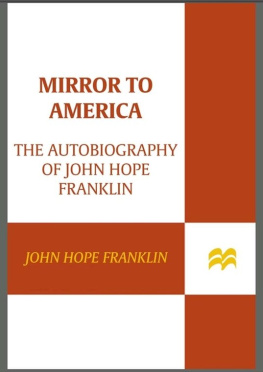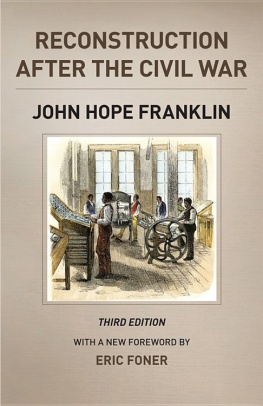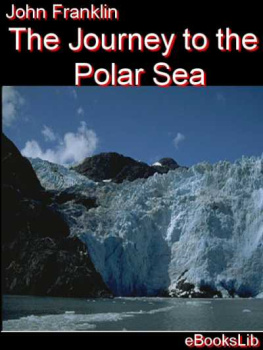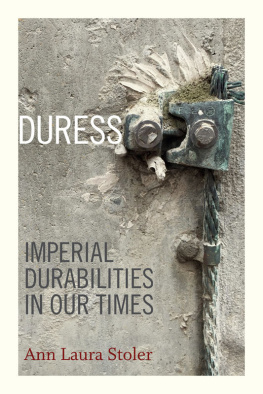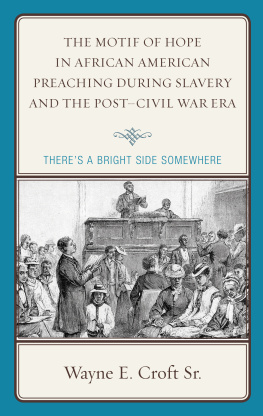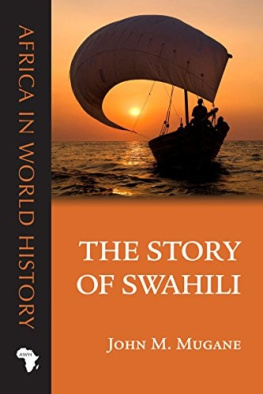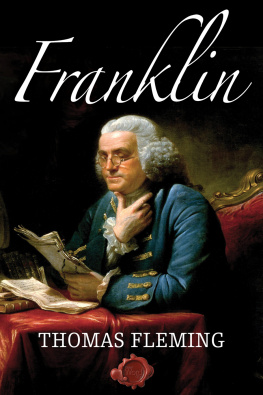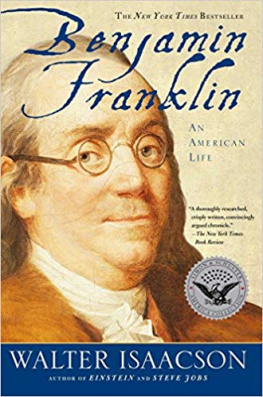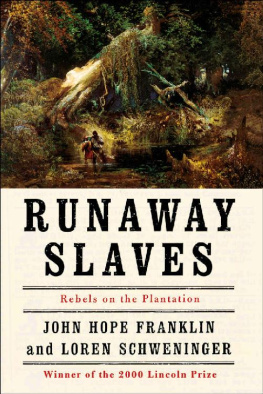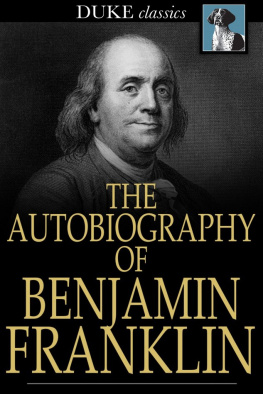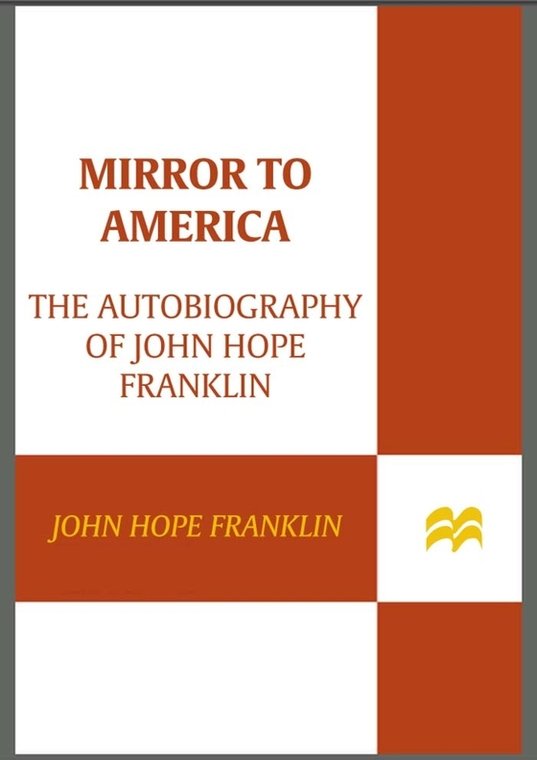Unfortunately, I kept no records of my life until I was a tenured professor and chair of the department at Brooklyn College. By that time my secretary, the first one I ever had, preserved records of my activities for the Board of Higher Education of the City of New York, and I was the beneficiary. For the earlier period of my life I have had to do a great deal of research, especially for my childhood and youth. Indeed, I was compelled to reconstruct my childhoodto the extent possiblenot only from my own memory, but also from the unpublished census schedules for 1920 and 1930 and with the assistance of the few childhood friends I could locate. Clinton Robinson and Jeffie Price refreshed my memory of Rentiesville, while Kenny Booker, Zella Batson, and Goldie Williams helped me with the Tulsa years. Walter Hill of the National Archives not only facilitated my use of materials there, but also assisted me in securing State Department files as well as the files on me at the Federal Bureau of Investigation. The most that I learned at the latter institution was that in the files I was frequently confused with another John Franklin, about whom I knew nothing.
Many members of the senior staff of the Library of Congress, including the librarian, James H. Billington, and the director of the Office ofScholarly Programs, Prosser Gifford, led the way for their gifted and experienced colleagues to facilitate my work and that of my research assistant, Rashad Jones, who was provided by the library. The fact that this is a John W. Kluge book bespeaks the immense generosity of the library in facilitating the work on this book at every stage, especially when I was a Kluge Senior Fellow at the library.
In doing the research for and writing this book I have benefitted from the assistance of many scholars and members of the staffs of several institutions. Among them were the New York Public Library and the libraries at Fisk University, Howard University, Atlanta University, Emory University, the University of Massachusetts at Amherst, Duke University, and the University of North Carolina, to which I am deeply grateful. Although I learned much from reading biographies and other relevant material, I learned even more, perhaps, from conversations with such masterful biographers as Arnold Rampersad of Stanford University, David Levering of New York University, and my Duke University colleague William H. Chafe. From time to time I have consulted various friends and colleagues whose suggestions and observations I greatly valued. Among them are Walter M. Brown, Sheila Flemming, Patricia Sullivan, and Barry Karl.
Among the research assistants who have been most helpful and accommodating were Richard P. Fuke and Loren Schweninger, when they were my students at the University of Chicago. Alfred Moss, also my student at the University of Chicago, now at the University of Maryland, was, in addition to being my coauthor for three editions of From Slavery to Freedom , generous in offering wise suggestions for organizing and writing this book. Indeed, I learned so much from these and my many other students in the various places I have taught that I am pleased to dedicate this book to all of them. At the six colleges and universities where I was a member of the faculty and the eight where I was a visitor, my colleagues contributed in many ways to my intellectual growth as well as to my understanding of the world, and for that I am grateful. For several years Terry Sanford, former governor of North Carolina and president of Duke University, and I had lunch once a month, ostensibly to solve the race problem, and I profited greatly from the insights he shared with me.
Margaret Fitzsimmons, my secretary for more than thirty years, putorder in my life, as well as in the records she kept. Subsequent valuable assistants were Nashani Frazier, Debi Hamlin, and Charity Greene, all of whom had much to do with collecting materials and preparing the manuscript and seeing it through the press.
Thomas LeBien, my editor at Farrar, Straus and Giroux, and his colleagues have been thoughtful and generous in their advice and assistance, for which I am deeply grateful.
After Aurelia died, I found a cache of notes and letters from me to her, many written while I traveled in the United States or abroad. These missives have been most helpful in my attempt to recount and evaluate my experiences. I even found letters to me, carefully written by her but never presented, that helped me recall and recount mutual experiences that I have used in this work. As in all things that I have attempted to do, she has been of inestimable help, for which I shall be ever grateful.
The Free Negro in North Carolina, 1790-1860 (1943)
From Slavery to Freedom: A History of Negro Americans (1947)
The Militant South, 1800-1860 (1956)
Reconstruction After the Civil War (1961)
The Emancipation Proclamation (1963)
Land of the Free (with John W. Caughey and Ernest R. May) (1965)
Illustrated History of Black Americans (with the editors of Time-Life Books) (1970)
A Southern Odyssey: Travelers in the Ante-bellum North (1976)
Racial Equality in America (1976)
George Washington Williams: A Biography (1985)
Race and History: Selected Essays 1938-1988 (1990)
The Color Line: Legacy for the Twenty-first Century (1993)
African Americans and the Living Constitution (editor, with Genna Rae McNeil) (1995)
The Diary of James T. Ayers: Civil War Recruiter (editor) (1999)
My Life and an Era: The Autobiography of Buck Colbert Franklin
(editor, with John Whittington Franklin) (1997)
Runaway Slaves: Rebels on the Plantation
(with Loren Schweninger) (2000)
In Search of the Promised Land: A Slave Family in the Old South
(with Loren Schweninger) (2005)
Through a Looking Glass
A LTHOUGH I WAS NOT AWARE OF IT at the time, certain events during the first decade of my life had a profound impact not only on me but on the nation and the world. World War I, the first armed conflict of such global magnitude, illustrated just how far the United States would go to ensure that peoples in every part of the world might enjoy freedom and democracy. Yet it pursued those ideals with a racially segregated military force that made a mockery of the very values that President Woodrow Wilson proclaimed. Second, when Attorney General A. A. Palmer in the early 1920s raided offices and private homes in search of communists and other so-called terrorists, he showed little or no regard for the civil liberties of ordinary citizens. Nothing more clearly demonstrated how easily prejudice and expediency could dispense with political principles. Third, the early-twentieth-century race riots in Chicago, Washington, East St. Louis, Elaine, Omaha, Tulsa, Rosewood, and elsewhere showed American hypocrisy at its very worst. Here was damning evidence of just how far white America would go to quarantine the United States from the virus of racial equality all the while mouthing platitudes about saving the world for democracy. The Tulsa riot deprived me of my father for almost five years, and it was only on account of mystrong parents and strong family ties that its long-term effect on me was not nearly as devastating as it might have been.
These were extraordinary experiences for a child to have before his tenth birthday. Although I was not even fully aware of them at the time, they would affect me for years to come. Indeed, such experiences in the American race jungle, some large and impersonal, some immediate and deeply personal, have touched me throughout my life and in more ways than I can count. Some of them I was instantly aware of; others I have only gradually come to understand and appreciate.

